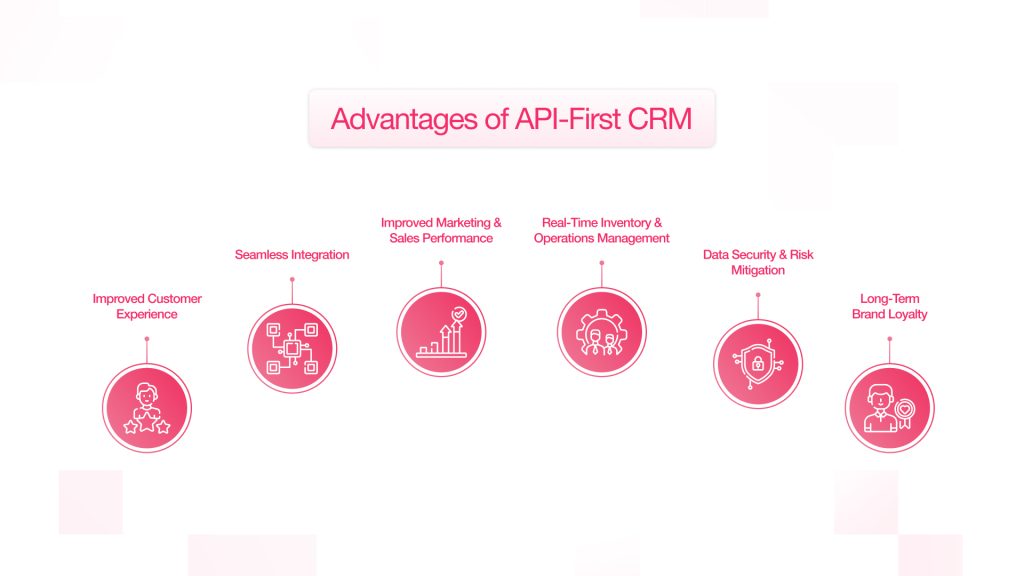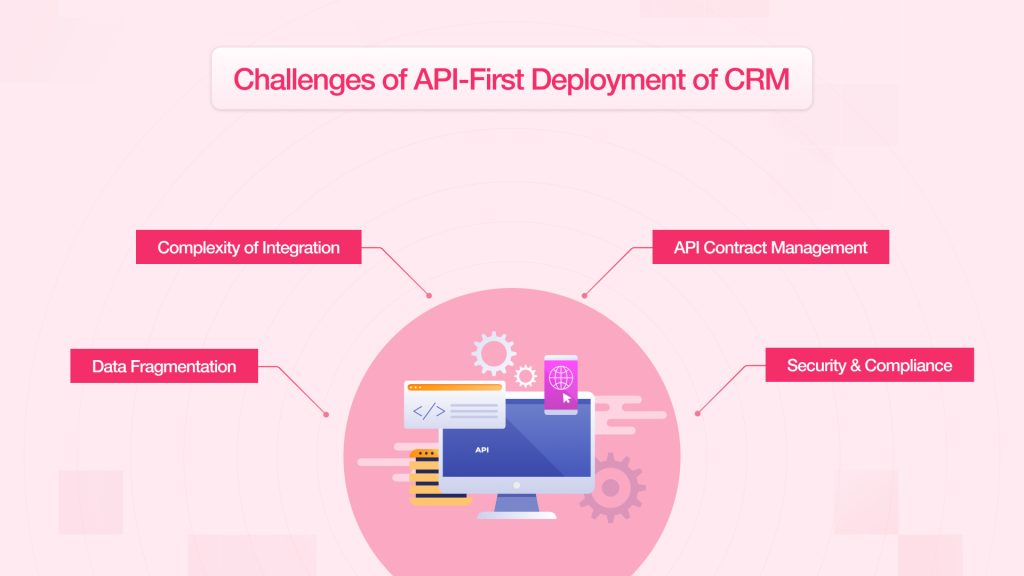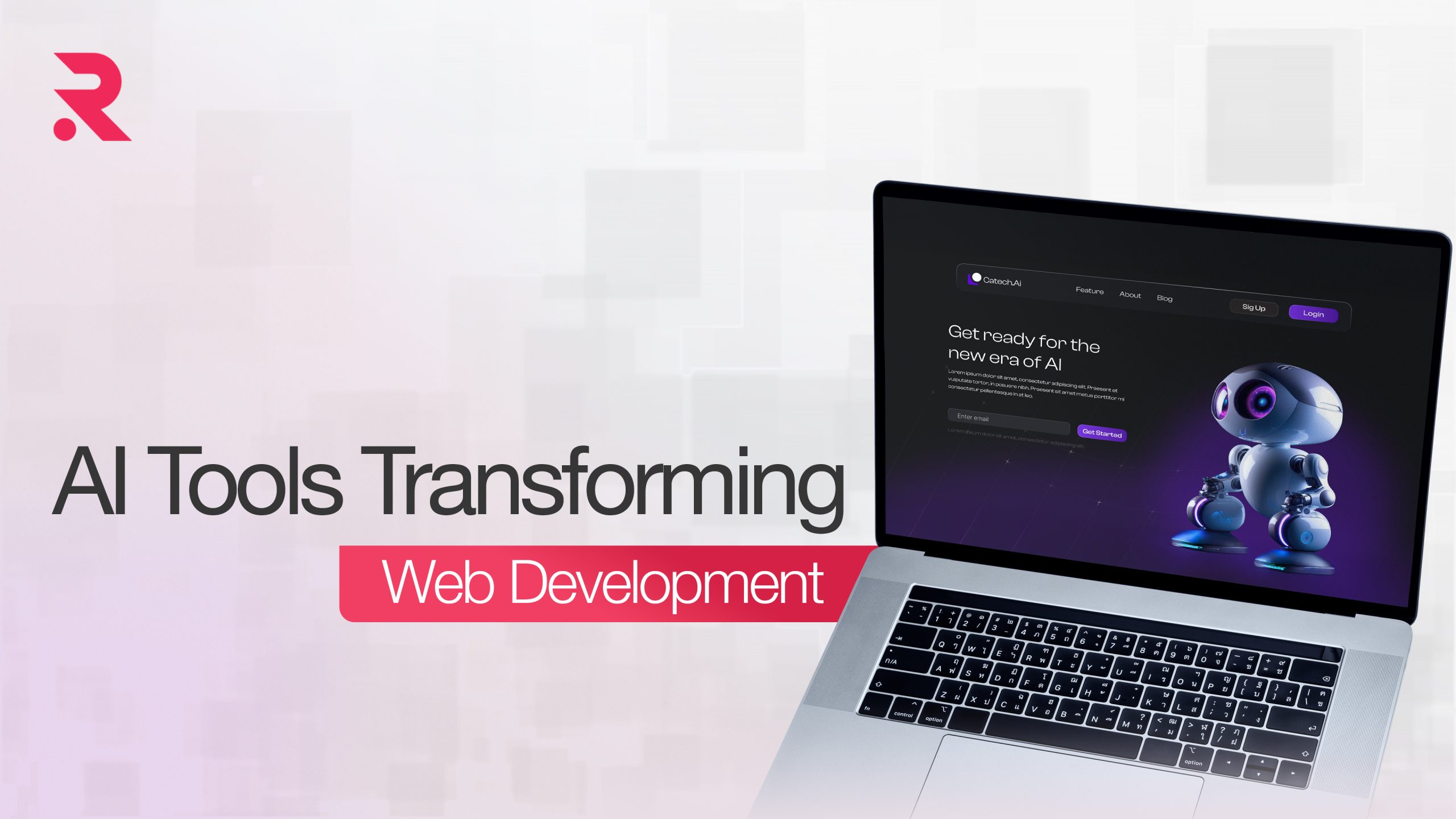Building the Ultimate CRM: Why API-First Solutions Are a Game-Changer for Ecommerce Brands

In eCommerce, growth is not merely selling more; it’s about reaching more. With customers demanding more personalized experiences, effortless support, and lightning-fast service on every platform, how your brand approaches relationships can make or break your tomorrow. That’s where Building Ultimate CRM becomes essential — creating a centralized system to understand, engage, and retain customers in a way that drives meaningful, long-term growth.
If you’ve ever felt like you’re running to catch up in order to meet customer expectations, you’re not alone. With increasingly advanced digital routes, outdated CRMs are in trouble. Pressure mounts and stakes rise. Brands that don’t evolve risk losing not only sales but trust and loyalty as well.
That is where API-first solutions enter the picture. Consider them the secret ingredient of some of the most nimble, innovative, and customer-centric eCommerce companies in business today. They are not technological innovations, they are a paradigm shift in how companies construct, create, and customize their customer experiences.
So, what does API-first actually mean in English? And why are so many innovative brands staking their entire customer strategy on it?
Let’s get under the hood and find out how thinking differently about your CRM can write your brand’s growth story.
What Is an API-First Solution
API-first solution is a new paradigm of development where the Application Programming Interface (API) is aimed from the start as the core component of the product. Unlike conventional approaches where the backend is developed first and APIs are an afterthought, API-first development begins with developing good, solid, and well-documented APIs before something is even built.
That’s every capability, service, and piece of data exposed via APIs from day one, so systems, applications, and platforms can communicate easily.
The value of this approach goes beyond tech architecture. It’s an enterprise choice that yields greater flexibility, scalability, and velocity. Groups are able to parallelize, integrations are easier, and updates are easier to roll out. That kind of agility is important to eCommerce companies selling in hyper-speed markets.
In reality, API-first isn’t so much about how software is built, it’s about building software in a state of preparedness to change, adapt, and build upon whatever the future might bring.
Why API-First matters for eCommerce
Today’s eCommerce is more than merely cataloging merchandise and collecting payments. Shoppers anticipate rapid, customized, and solid experiences at every digital touch point whether it is a mobile app, website, marketplace, or even voice interface. In order to make that possible, they need a back end which not just must be strong but also speedy and visionary.
That’s where API-first comes in. By making APIs a priority at the center of your CRM infrastructure, your company is able to achieve critical operational benefits that directly influence customer experience and long-term growth.
How?
Modularity: With an API-first CRM, it’s simple to integrate or replace tools and third-party services without affecting your core systems. Need to add a new loyalty platform or analytics tool? Plug it in with minimal hassle.
- Scalability: When your business grows, your technology stack must grow with it. API-first architectures enable you to scale isolated pieces such as adding more personalization, automation, or channels without rebuilding the entire system.
- Speed to Market: With APIs in place early, development teams can work in parallel. Frontend and backend engineers are not waiting on one another, so features get deployed quicker, and innovations arrive earlier with your customers.
- Customization: Every eCommerce business is unique. API-first allows you to build solutions that are tailored to your workflows, customer experiences, and business goals, whether that’s dynamic pricing, product recommendations, or bespoke checkout flows.
Simply put, API-first is not a technical decision it’s a strategic enabler of producing the sort of adaptable, omnichannel experiences eCommerce today demands.
Major Advantages of API-First CRM for eCommerce Businesses

Improved Customer Experience
Shoppers today expect intuitive, personalized experiences at every touchpoint. An API-first CRM enables real-time data sharing across your entire stack, providing you with an integrated, 360-degree view of every customer. With this richer context, you can deliver faster, smarter support and customized recommendations whether that’s instant access to order history or hyper-personalized marketing campaigns. Clean, connected data makes your customers feel seen and valued, every time.
Seamless Integration
In today’s more complicated eCommerce environment, your CRM must seamlessly interact with other essential tools such as payment gateways, logistics, and helpdesk solutions. API-first design makes it easy and reliable to do so. By bringing these disparate services together into a single CRM solution, you establish a seamless, cohesive customer experience on every channel.
Improved Marketing & Sales Performance
When data can seamlessly move from one platform to another, your marketing teams have access to rich customer insights to craft hyper-personalized campaigns informed by actual buying behavior, preferences, and engagement trends. The reward? More accurate targeting, increased conversion rates, and improved ROI. Brands such as National Geographic reported engagement boosts of over 20% after converting to API-first CRM solutions, a testament to the efficacy of joined-up data to deliver results.
Real-Time Inventory & Operations Management
Connecting your CRM with inventory and fulfillment systems unlocks significant operational efficiencies. APIs enable real-time syncing of product availability, shipping statuses, and automated restocking alerts. This visibility helps prevent stockouts and delays, ensuring your customers get what they want when they want it keeping satisfaction high and operational costs low.
Data Security & Risk Mitigation
Security is built into API-first architecture. By segregating each integration with secure, gated APIs, you limit the risk of breach to the entire system. Also, meeting industry standards such as PCI DSS and HIPAA means your CRM is not just secure from sensitive customer information but also builds trust and compliance essential attributes in today’s privacy-aware world.
Check is latest blog to understand cybersecurity strategies for ecommerce businesses
Long-Term Brand Loyalty
Aside from single transactions, API-first CRMs allow brands to build stronger, long-term relationships with customers. By continually providing seamless, relevant interactions that are specific to each customer’s path, you turn occasional buyers into lifelong advocates. This extended interaction is where real brand equity is established, positioning your eCommerce company for long-term success.
Real Life Success Stories
As Learn Digital Academy is a new EdTech startup, Excel and an antiquated CRM software were used initially to monitor leads and students. When business began booming at the company, manual hacks were not feasible, follow-ups were being lost, and no clear visibility of performance metrics was available. But by going API-first with a CRM, the team was able to automate follow-up on leads, automate labor of follow-up, and gain actionable insight into student behavior. The result? Quantifiable enrollment rates and higher student engagement.
Stripe
Stripe is probably the greatest example of writing API-first. This payment APIs allow nearly every eCommerce business to natively accept local payments on their own platforms without having to develop or manage backend infrastructure. Stripe’s phenomenal growth to $1 trillion payment volume in 2023 proved an API-first architecture’s scalability and reliability. It allows businesses to remain agile and provide secure, seamless payment experiences to customers.
Vibram
A global footwear brand optimized their eCommerce experience through Salesforce’s AI-powered CRM on an API-first platform. Vibram developed the ability to track customer insights on multiple sites, personalize experiences, and react in real-time to consumer behaviors. The result is a brighter, more reactive digital storefront that understands what customers require and drives engagement and revenue across many channels.
Overcoming the challenges of API-First Deployment of CRM
As wonderful as API-first CRM software is, the journey to full deployment can be difficult. Knowing these issues and expecting them can be the ticket to success.

Data Fragmentation
One of the most prevalent pain areas is data that resides in several legacy systems, spreadsheets, or legacy applications. An API-first CRM implementation includes stringent data sanitizing and normalization to get it normalized and consumable. Spend money on data mapping tools and processes upfront to spare yourself headaches later on.
Complexity of Integration
API-first is not off-the-shelf plug-and-play. Taking time to develop and maintain dozens of integrations from stock systems to payment processors can be a huge amount of time. Begin with business-critical ones and roll them in incrementally. Leverage API gateways and integration platforms to simplify connectivity.
API Contract Management
APIs must talk in a known, predictable language. That’s where API contracts come in. Well-defined versioning requirements, error conditions, and backwards compatibility ensure systems continue to function well as your stack matures. API documentation and governance must be present here.
Security & Compliance
Open and shareable does not mean insecure. API-first systems can be even more secure if they’re properly controlled. Employ authentication schemes (OAuth 2.0, say), use role-based access control, secure sensitive information, and have endpoints in constant watch. Compliance requirements (GDPR, PCI DSS, HIPAA, etc.) need to be met on day one.
Need a Reliable CRM Development partner to help grow your Business?
Our Experts Can Help!
Best Practices for Implementing API-First CRM
Transitioning to an API-first CRM isn’t just about adopting new tech it’s about building a more agile, customer-focused ecosystem. Here’s how to set your implementation up for long-term success:
Start with the Customer, Not the Code
Before writing a single line of code, identify your users’ pain points and expectations. Design APIs around delivering real value like faster service, personalized experiences, or more seamless multi-channel interactions.
Leverage Tools Like OpenAPI & Swagger
Use standards such as OpenAPI (previously Swagger) to document, design, and defin APIs upfront. Such frameworks promote consistency, readability, and collaboration between frontend and backend teams.
Make Developer Experience (DX) a priority
The greatness of a wonderful API is only so great as its usability. Make your APIs easy to use, well-document them, and make integration easy. Provide SDKs, test labs, and live support to enable internal and third-party adoption.
Document Everything, Carefully
Thorough, up-to-date documentation is the hallmark of good API-first design. Document use cases, endpoints, authentication, rate limiting, and examples to make onboarding easy and reduce debugging time.
Perform Regular Audits and Tests
Security and performance aren’t “set-it-and-forget-it.” Schedule regular API audits, penetration testing, and code reviews to catch vulnerabilities, sunset dated endpoints, and stay in sync with industry-standard compliance.
Prospects for the Future
The omnichannel experience, automation, and personalization are driving the rapid evolution of the eCommerce of the future. The need for scalable, agile CRM systems that work seamlessly across all platforms and devices is growing along with these requirements. API-first solutions are no longer secondary or experimental; they’re now a strategic imperative.
Companies embracing API-first CRM architecture today are positioning themselves to dominate tomorrow. They become agile enough to build rapidly, fast enough to keep pace with the customer’s expectation in the moment, and scalable enough to grow without breaking. Besides making it possible to compete ahead of others, this also enables customer relationships with seamless, uniform, and meaningful interactions.
Need a future-proof CRM Solution?
Our Experts Can Help!
Final Thought
In a world where customers have shorter attention spans than ever, delivering a consistent, single, and personalized experience is the path to differentiation. This is enabled by API-first CRMs, which make it possible for companies to build follower-first systems that is, systems that scale, change, and evolve along with their followers.
If you dream of building the best CRM for your e-business, begin with your APIs. They set everything else in motion and pave the way for a future where customer conversations are smarter, stronger, and more fulfilling than ever.
 Shopify
Shopify

















